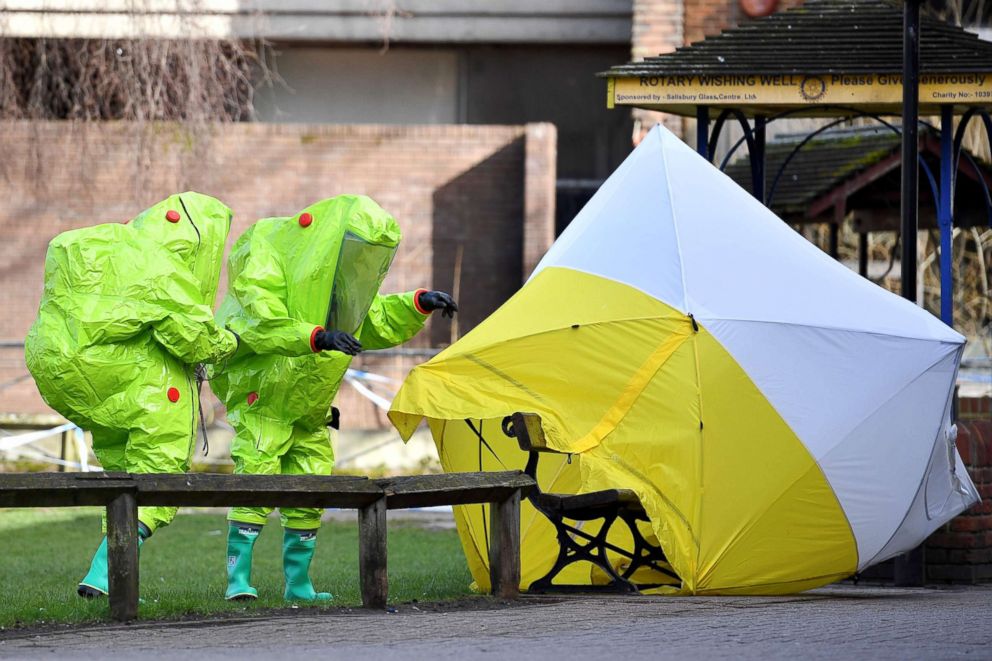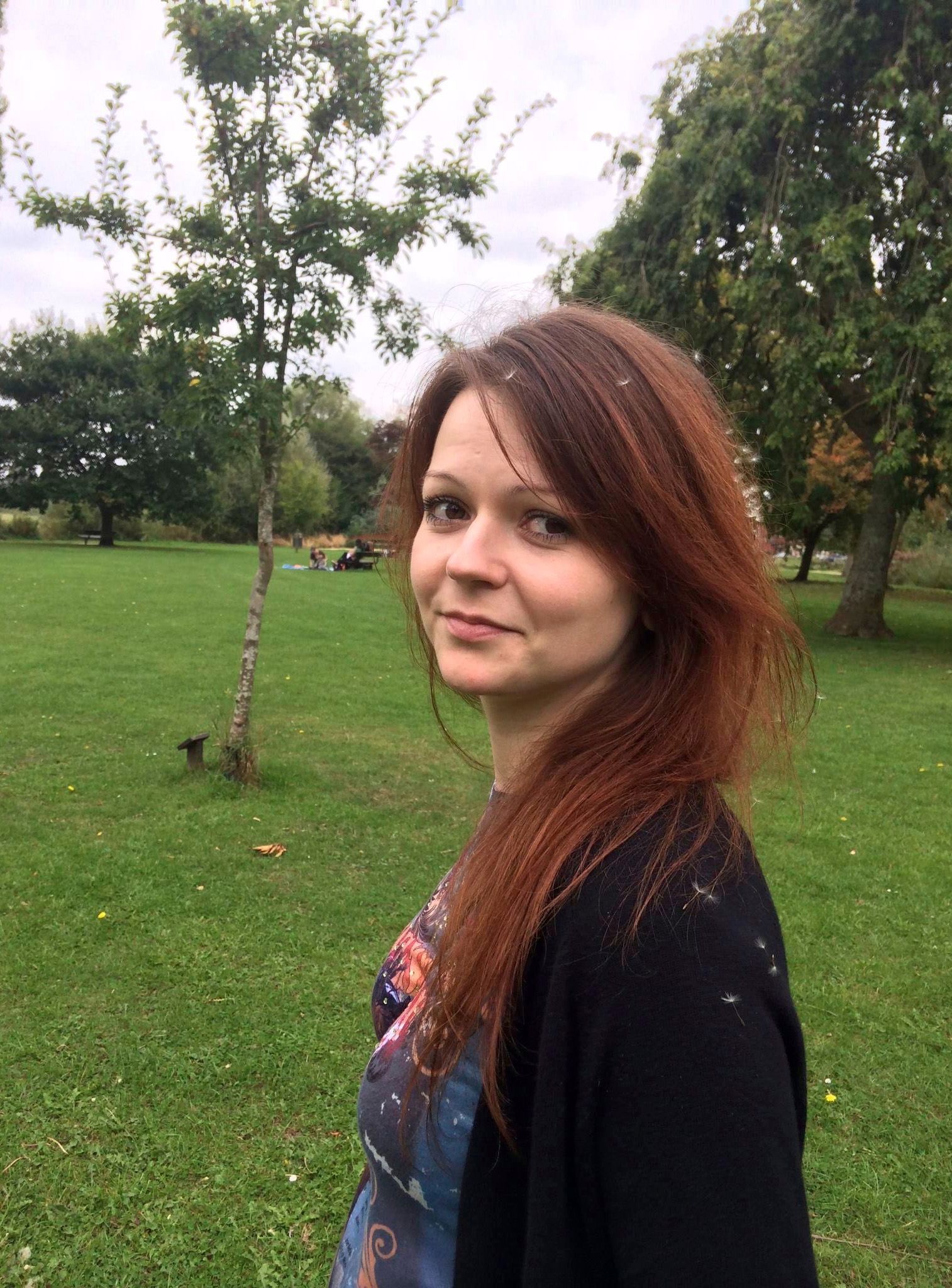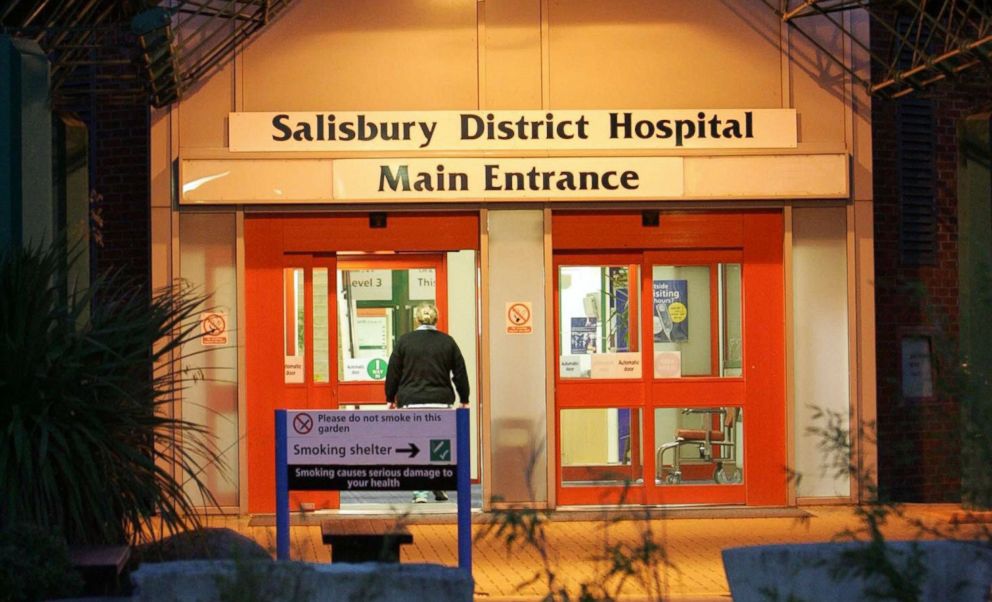Yulia Skripal, poisoned daughter of Russian spy, discharged from hospital
The daughter of a former Russian double agent has made a dramatic recovery.
LONDON -- The poisoned daughter of a former Russian spy has reportedly been discharged from the hospital after being targeted with a suspected nerve agent, along with her father.
Hospital officials said early on Tuesday morning that Yulia Skripal, 33, had left the facility. They said she had recently made a rapid recovery after spending almost a month unconscious and in critical condition.
A statement delivered by the medical director of Salisbury district hospital, Christine Blanshard, said they "wish Yulia well," but added "this is not the end of her treatment."
"Yulia has asked for privacy from the media and I want to reiterate that request," Blanshard said.

Yulia Skripal and her father Sergei Skripal, 66, were found slumped on a park bench in the English city of Salisbury on March 4. Blanshard said Sergei Skripal has also made "excellent" progress and they hoped he would also be released from the hospital "in due course."
Assessments by the British government concluded they were attacked with a type of Russian nerve agent known as Novichok.
Russia has fiercely denied allegations that it is responsible for the poisonings and accused the British government of fabricating the attack.

Doctors at Salisbury district hospital said last week that Yulia Skripal was "responding well to treatment, improving rapidly and no longer in a critical condition."
"Our job in treating the patients has been to stabilize them -- ensuring that the patients could breathe and that blood could continue to circulate," Blanshard said Tuesday morning about the treatments used to save Yulia and her father. "We then needed to use a variety of different drugs to support the patients until they could create more enzymes to replace those affected by the poisoning."
Shortly after the hospital's announcement, reports said that Yulia may have spoken to her cousin in Russia by phone.
A recording that was purported to be of that conversation was aired on Russian television. During the brief conversation reportedly between the two, Yulia said she did not think her cousin would be given a visa to enter the U.K. to visit her.

On Monday, the Russian RIA news agency reported that Yulia is applying for asylum in the U.K.
Over the weekend the British press reported the Skripals may be resettled in one of the western countries involved in the "five-eyes" intelligence-sharing community -- the U.S., the U.K., Canada, Australia or New Zealand.




